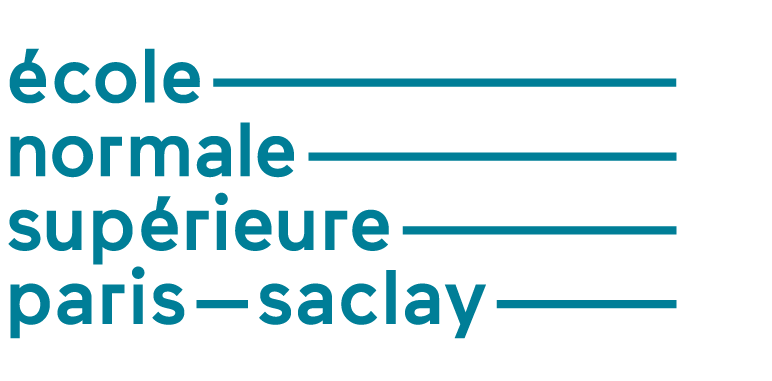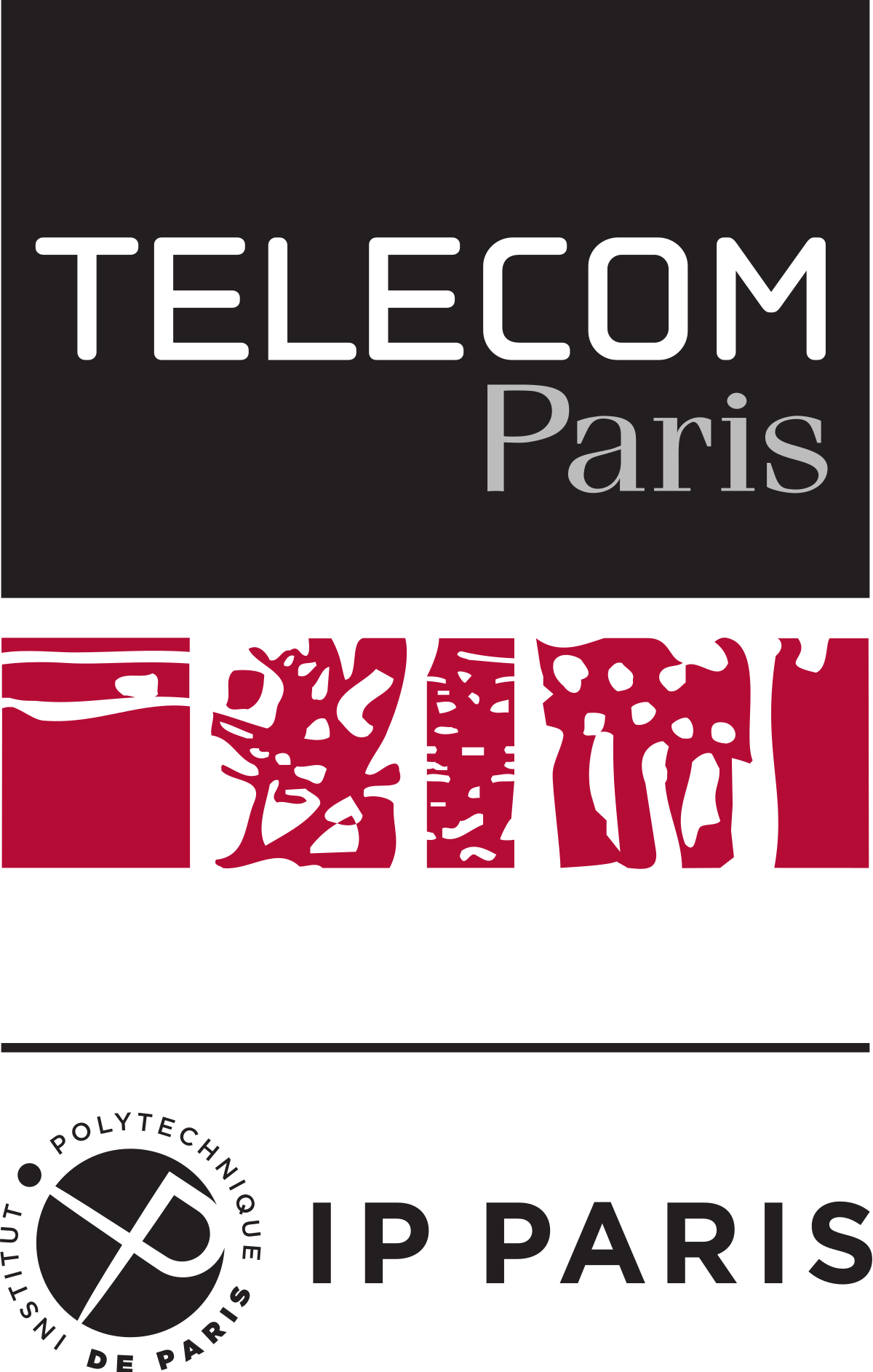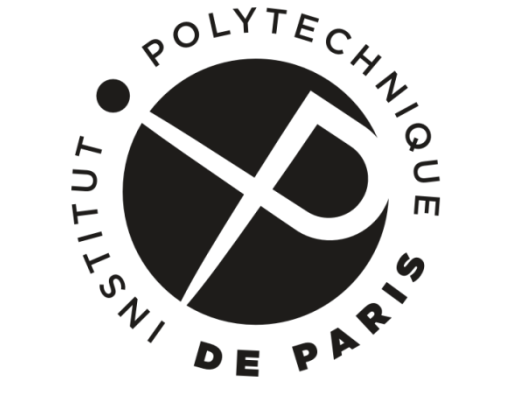
I am currently a PhD student at LAMSADE (Université Paris Dauphine-PSL, Paris, France) under the supervision of Alexandre Allauzen. I am part of the MILES team which is dedicated to machine learning.
My research is about frugal machine learning: I aim at making deep learning models more resource-efficient while maintaining their performance — the term "resource" referring for instance to time, memory, money, carbon emissions, etc. The PhD focuses mainly on transformers applied to NLP, as they are by far the most resource-consuming models in the field (hello ChatGPT). This is still a very broad topic, and multiple angles of attack are considered — from the architecture of the models to the optimization algorithm used to train them.
Paris, France
News
Publications
First author
Erwan Fagnou, Paul Caillon, Blaise Delattre, Alexandre Allauzen
ICLR 2025 (Oral) [pdf]
Erwan Fagnou, Paul Caillon, Blaise Delattre, Alexandre Allauzen
EMNLP 2024 [pdf]
Co-author
Paul Caillon, Alex Colagrande, Erwan Fagnou, Blaise Delattre, Alexandre Allauzen
ECAI 2025 [pdf]
Blaise Delattre, Paul Caillon, Quentin Barthélemy, Erwan Fagnou, Alexandre Allauzen
AISTATS 2025 [pdf]
PhD
PhD student in the MILES team of the LAMSADE lab, at Université Paris Dauphine-PSL, under the supervision of Alexandre Allauzen. It is founded by the PEPR SHARP (Sharp Theoretical and Algorithmic Principles for frugal Machine Learning), which involves several actors collaborating towards frugal machine learning.
Education


ENS Paris-Saclay
Master 2: Mathematics, Vision and Learning (MVA)
Selective Master's degree in machine learning, preparing the students for research. See the official website (in French), or here (in English).


Télécom Paris
Master of Science
- GPA: 4.0
- 3rd year: MVA Master at ENS Paris-Saclay
- 2nd year: SD (Data Science) and MITRO (Mathematics, Theoretical Computer Science and Operational Research) tracks

